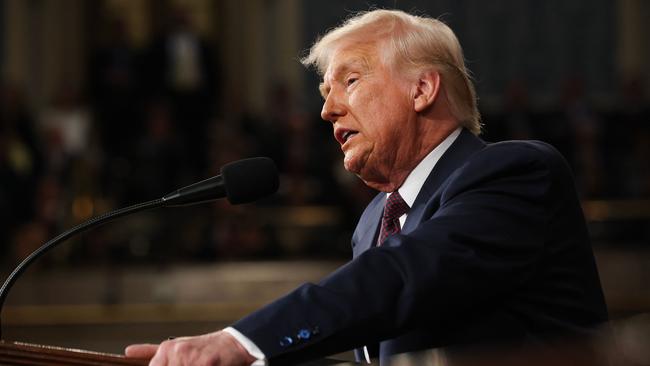
The Prime Minister on Wednesday slammed Donald Trump’s imposition of a 25 per cent tariff on steel and aluminium imports into the US as “completely unjustified” and “against the spirit of our two nations’ enduring friendship”. Trade Minister Don Farrell went further, decrying a “very bad day for our relationship with the United States”.
Albanese might ride this anti-Trump wave to victory, as Carney hopes to in Canada, but such confected outrage will look like a tantrum, an over-reaction on both the economic and political front.
Canada, whose exports have been similarly affected, can afford to mouth off about the US; it isn’t in the same precarious position as Australia, which is practically defenceless, except for the good graces of the US.
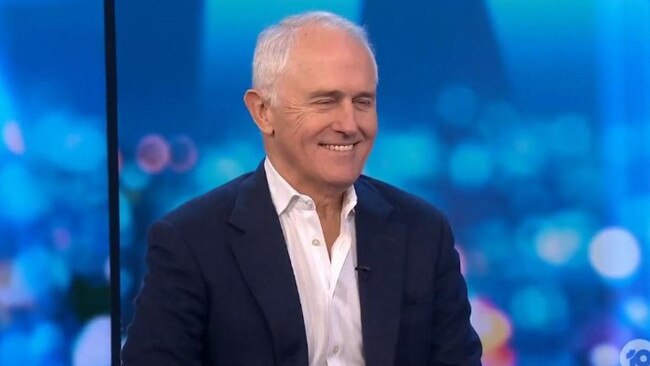
Equally, Malcolm Turnbull’s provocative sniping at the US President didn’t help Australia’s chance of obtaining an exemption as we did in 2018; still, it’s unlikely we were ever going to get one. The second Trump administration is far more assertive, ideological and organised than the first. Trump himself doesn’t face re-election.
The tariffs shouldn’t directly trouble Australia too much. We are among the rare group of nations with a trade surplus with the US. Our total steel and aluminium exports to the US were a little over $1bn ($1.6bn) last year, a tiny fraction of our total exports to all countries of more than $650bn.
And some – probably most – of the new tariff will be paid ultimately by US consumers, given the real incidence depends on the relative market power of exporters and importers at any given time and location. Every year the US produces only around half of the steel it requires, making it hard for local buyers to pivot to domestic alternatives. And even if they could, Australia could redirect steel and aluminium to other nations.
BlueScope Steel, Australia’s biggest exporter of steel to the US, even said it could benefit overall given its significant operations within the US.
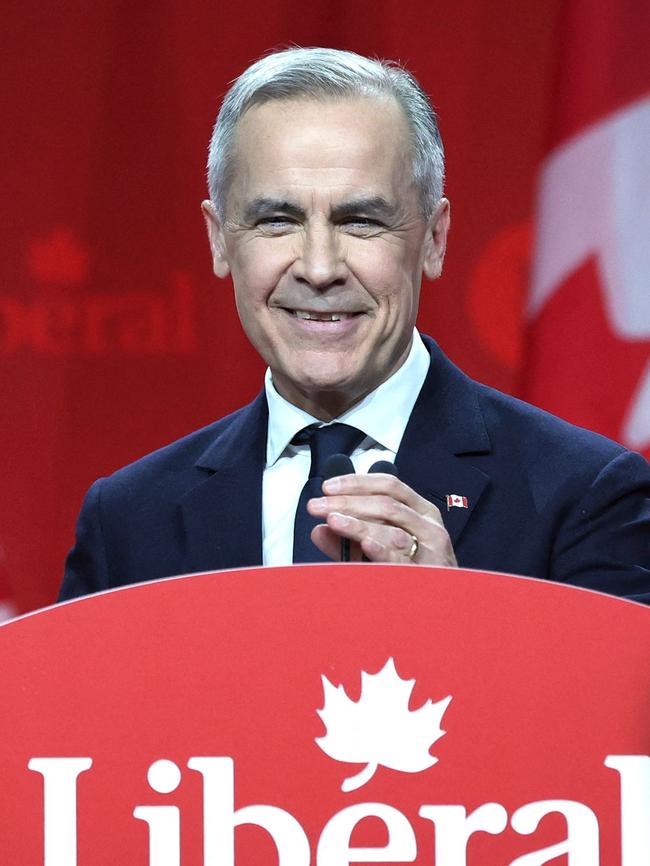

From Trump’s point of view, why should the US give Australia an exemption, which will inevitably prompt similar demands from other nations?
Remember, the US has several “special relationships”, including with Britain, Israel, Canada and France, depending on who its officials are talking to. Don’t forget uniform tariffs were front and centre in Trump’s re-election platform.
Still, he may have cast his tariffs as a way to Make America Great Again, but they more readily serve as a way to Make America Solvent Again.
As I wrote in these pages last week, the US is facing a shockingly poor fiscal position, making new spending commitments almost impossible without significant spending cuts or massive tax increases. Indeed, America’s woeful fiscal position stems in part from its subsidisation of Australia’s and other nations’ defence for decades.
Elon Musk’s Department of Government Efficiency has laudably found savings in the tens of billions, but without savings in the trillions, tax increases will be necessary to balance the books.
Tariffs are practically the only lever a US president can pull without congress passing a new tax, which is next to impossible given the makeup of congress.
Trump has even promised to cut income tax. It’s not a matter of choosing the best of all possible worlds but the least bad. Tariffs could be a better option than a global financial crisis as faith in the US dollar plummets.
The bigger threat to Australia stems from any global slowdown triggered by higher tariffs on the rest of the world, including China, which still overwhelmingly underpins our prosperity via resource exports. The good news is the 2018 tariffs winded but didn’t derail China’s growth, despite the ominous forecasts at the time. Who knows how disruptive this second round will be.
Trump himself has hinted at some economic turmoil, refusing to rule out a recession. The truth is no one knows; the global economy is a complex, unpredictable beast. Perhaps a ceasefire between Russia and Ukraine – and the diminished probability of nuclear war – will offset any loss of economic confidence caused by the tariffs. At any rate, given Trump’s on-again-off-again approach, they might not even last.
For all the bravado, Canberra has been wise at least to rule out any retaliation. If another country wants to artificially inflate prices for their own citizens, then so be it: we don’t have to copy that strategy to our own detriment.
Opposition Leader Peter Dutton said the tariffs were a “bad day for our country”. Perhaps in the short term they might be, but if they serve as a reminder of our own lack of economic resilience in the face of a fading China boom, they might prove otherwise in the long run.
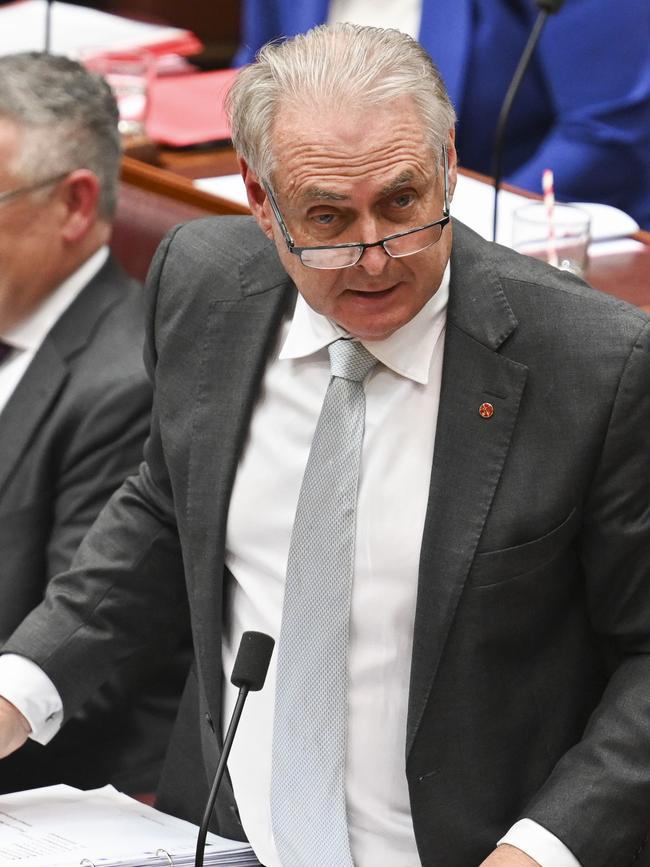
There’s a lot federal and state governments could do to help our exporters compete, such as paring back the excrescence of red and green tape that has hobbled our exports with additional costs. Getting rid of the net-zero fetish, which has pushed up costs for all Australian energy, prompting the closure of vast swathes of our manufacturing sector. This would be a good place to start.
As a country we should be far more concerned about the reasons, largely self-inflicted, that Whyalla steelworks collapsed rather than about the theoretical future impacts of US tariffs, which we can’t control.
The billions of taxpayers’ dollars the federal government is spending to bail out the South Australian facility, not to mention the de facto tax on energy that contributed to its collapse in the first place, dwarf whatever damage the Trump tariffs will cause. If the current government wants a legacy beyond posturing, it should focus its energies here, rather than the tiresome Trump bashing.
Adam Creighton is a senior fellow at the Institute of Public Affairs.




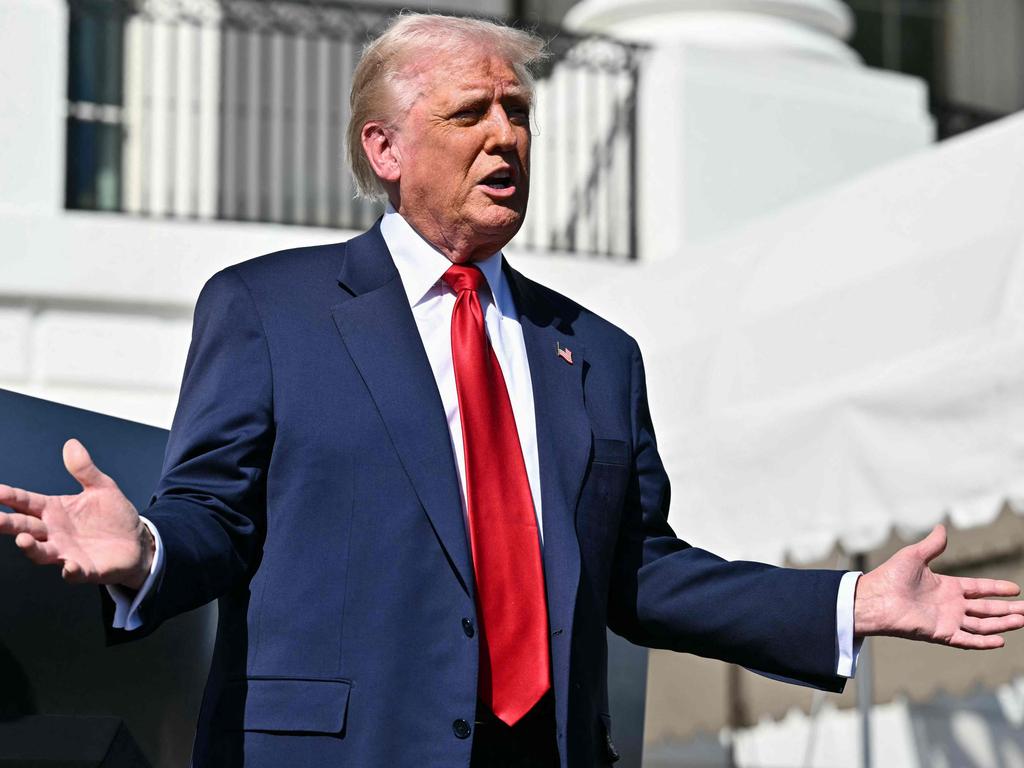


Anthony Albanese appears to be following Canadian prime minister-elect Mark Carney’s strategy for re-election: harness domestic anti-Trump sentiment – triggered by the US President’s tariffs push – to cruise back into office.